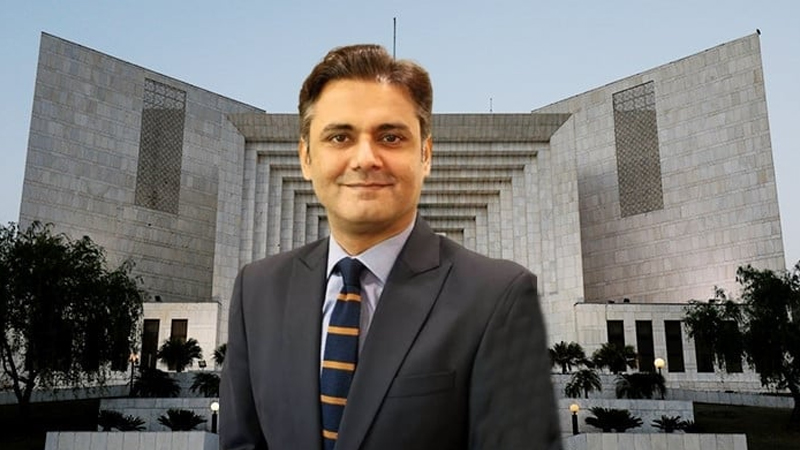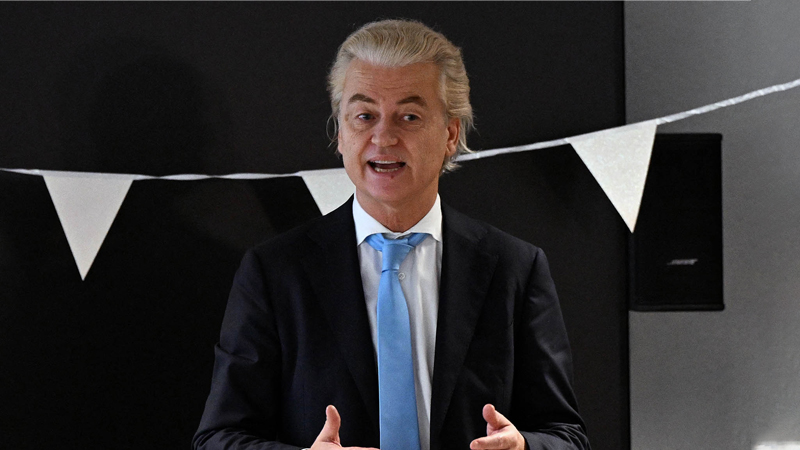In light of recent accusations of meddling in judicial affairs by Islamabad High Court (IHC) Justice Babar Sattar, Pakistan’s Attorney General, Usman Mansoor Awan, has vehemently denied any involvement by the government or state agencies in constitutional matters concerning the judiciary.
Addressing the media via a video statement on Tuesday, Attorney General Awan expressed deep concern over the implications raised by Justice Sattar’s letter to IHC Chief Justice Aamir Farooq.
Mr. Usman emphasized that such allegations not only cast doubt on the judiciary’s integrity but also strained relations between the judiciary and the administration.
“The government or any state body does not interfere in the constitutional matters of the judiciary,” asserted Attorney General Awan, urging for a fair evaluation of the situation devoid of unwarranted insinuations.
The Attorney General clarified that Justice Sattar’s reference in the letter pertained solely to a social media campaign. Nonetheless, given its widespread dissemination through various media outlets, he deemed it necessary to address and clarify the situation as the country’s principal law officer.
Justice Sattar’s Allegations
The recent controversy stemmed from Justice Babar Sattar’s letter to Chief Justice Farooq, wherein he raised concerns about purported attempts by security establishments to influence judicial proceedings, particularly in the audio leaks case.
Justice Sattar claimed to have faced pressure to withdraw from scrutinizing surveillance procedures related to the case, a demand he staunchly resisted.
In his letter, Justice Sattar expressed apprehensions that such interference could severely undermine the pursuit of justice, especially in cases involving national security.
He noted that despite the dismissal of the audio leaks case, the focus of the alleged campaign appeared to be an intimidation tactic aimed at swaying the judicial process.
The audio leaks case had garnered significant attention, with notices issued to various government bodies and agencies, including the Pakistan Telecommunication Authority (PTA), Pakistan Electronic Media Regulatory Authority (PEMRA), as well as intelligence and investigative agencies such as the Inter-Services Intelligence (ISI), Intelligence Bureau (IB), and Federal Investigation Agency (FIA).











Leave a Reply